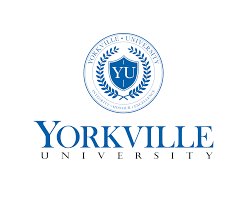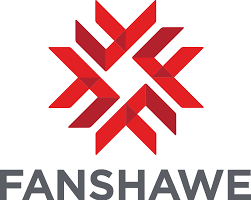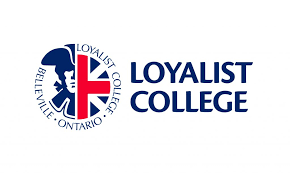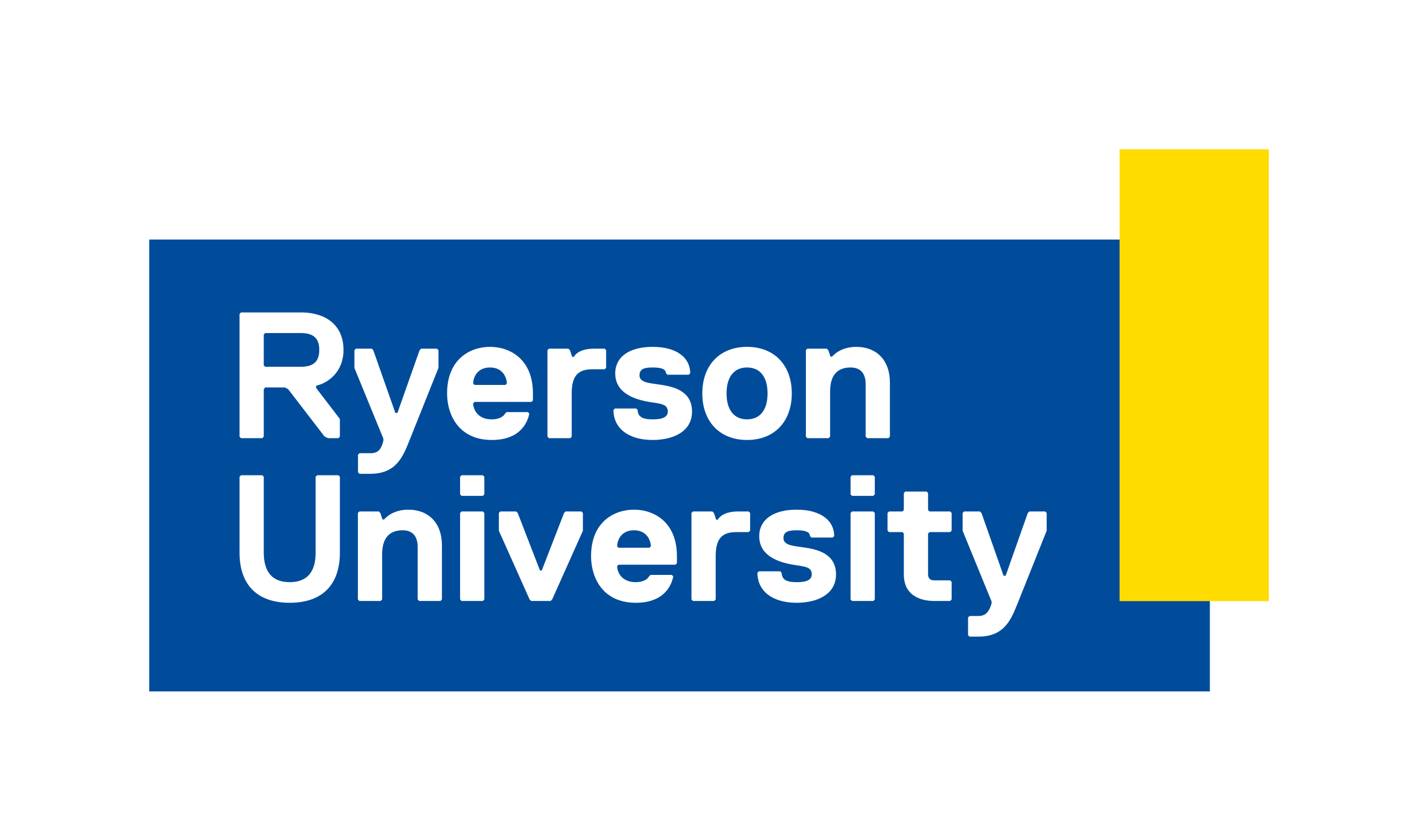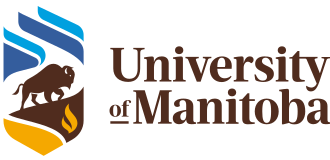Canada
Academic excellence, affordability and adventure – Canada stands out as an ideal place to study. Canada hosts more than 250,000 international students and has experienced a huge increase in demand from overseas students in recent years.
Top Courses to Study in Canada
Scholarships to study in Canada
Canadian Commonwealth Scholarship and Fellowship Plan
National Research Council of Canada (NRCC)
Ontario Graduate Scholarship Program
Quebec Provincial Government Scholarship
Ontario Trillium Scholarship
Scholarships to study in Canada
Canadian universities and colleges provide a wide range of scholarships to meritorious international students to help them fund their studies. Apart from this, many scholarships, grants and bursaries are also offered by the Canadian government, public and private establishments. Before you apply to any of these scholarships, do check the eligibility and criteria, along with the closing date.
The primary criterion for most scholarships is a good academic score, however it also depends on factors such as your chosen destination, subject and level. In some scholarships, factors like extracurricular activities, and volunteering can also be used to advantage.
However, do note that the amount of money available and type of award varies between the various institutions. Getting a scholarship is competitive and so, you must apply well in time. We recommend you to start with the procedure about 8-12 months before the intake begins. If you get stuck anywhere, M&M counsellors will be more than happy to guide you through.
Here are some of the more popular scholarships.
Canadian Commonwealth Scholarship and Fellowship Plan
This program is designed to enable students pursue programs of advanced study and research at the Master and PhD level in Commonwealth countries other than their own.
The award comprises travel, living allowance and all compulsory tuition fees.
National Research Council of Canada (NRCC)
Research associateship is offered to master degree holders in engineering and PhD holders in natural science or engineering disciplines.
Ontario Graduate Scholarship Program
For graduate students in a wide variety of disciplines.
Students must accept an offer from a university in Ontario and obtain a valid student permit (visa).
Quebec Provincial Government Scholarship
For students studying in Quebec.
Financial assistance is available to students studying master’s level or above.
Each application is assessed on its own merit.
Ontario Trillium Scholarship
First announced in November 2010 for the best doctoral students from around the world to study in Ontario.
Each scholarship is worth $40,000 annually, renewable for a maximum of four years.
75 scholarships are awarded each year.
Remember, Ontario universities are known for selecting and awarding scholarships to international PhD students based on merit and program.

Student visa requirements for Canada
Everything you need to know about Canadian visas
To study in Canada, you will need a Canadian Study Permit (or student visa), which, depending on your home country, will be either an Electronic Travel Authorisation (eTA) or a Temporary Resident Visa (TRV).
Canadian Study Permit – this is not a visa, it’s a permit which allows you to study in Canada. If you hold a study permit, you must remain enrolled and make reasonable and timely progress towards completing your course.
Electronic Travel Authorisation (eTA) – this is a recent requirement for visa-exempt, non-U.S. foreign nationals. Your eTA is valid for five years or until the passport you used to apply for the eTA expires (whichever is sooner), and can be used to travel to Canada many times.
Temporary Resident Visa (TRV) – for students who have been accepted into a designated learning institution and are unable to apply for the eTA.
It is important that you make sure you have the correct study permit for your international studies before you leave for Canada.
Ensure you have the right ‘Study Permit’ by getting information from the Canadian immigration authority known as the Immigration, Refugees and Citizen Canada (IRCC). Your counsellor will help you access the latest information and connect you with authorised migration experts.
To find out if you need an eTA or a visitor visa, and how to apply, visit the Government of Canada website.
Applying for your study permit
To apply for your study permit, you will need:
An acceptance letter from your education institution, and
A valid passport or travel document
You must also:
Prove that you have enough money to pay for your:
Tuition Fees
Living expenses for yourself and any family members who come with you to Canada, and
Return transportation for yourself and any family members who come with you to Canada
Be a law-abiding citizen with no criminal record and not be a risk to the security of Canada (you may have to provide a police certificate)
Be in good health (you may need to complete a medical exam)
Convince an immigration officer that you will leave Canada at the end of your studies
To prove you can financially support yourself and any accompanying family members, you may be asked to provide:
Documentation of a Canadian bank account in your name, if money has been transferred to Canada
Documentation of a student/education loan from a financial institution
Bank statements
A bank draft in convertible currency
Proof of payment of tuition and accommodation fees
A letter for the person or institution providing your funding
Proof of funding paid from within Canada if you have a scholarship or are enrolled in a Canadian-funded educational program
You can visit the Government of Canada website for more information about applying for your study permit, including eligibility, fees and processing times.
How much does it cost to study in Canada?
Ease your financial expenses with our budget guide.
Studying abroad can be an expensive affair, but thankfully, Canada is one country where quality education is available at tuition rates lower than many other countries.
But before you depart from Nepal, ensure that you consider expenses like accommodation, food, health coverage and travel along with your tuition fee when calculating the estimated cost of studying in Canada. This will help you plan your budget more effectively.
1. Tuition fee is your prime expenditure
Your expenditure on tuition fee depends on the type of qualification and institution you opt for. To cover this, you will need approximately between CAD 13,000 and CAD 35,000 a year.
Most commonly, courses in humanities, education and arts are a little cheaper, while subjects such as medicine and engineering are likely to be more expensive. If you wish to study at a postgraduate level, the tuition fee is typically higher and the costs vary depending on the program. As with most other countries, MBA programs are often the most expensive. The average cost for these programs ranges between CAD 30,000-42,000.
2. Calculate accommodation costs
Most universities in Canada offer on-campus residence facilities to international students. You can also opt for off-campus accommodation wherein you can share apartments with other students from Nepal. Cost for on-campus accommodation may range anywhere from CAD 8,000 to CAD 10,000 (annually) whereas living in a shared apartment can cost you around CAD 400 to CAD 700 per month depending upon your location and time of the year. Remember, the rentals vary from city to city.
An additional option is a homestay where you stay with a host family in Canada. In this, you will have to pay a placement fee of CAD 200 and a monthly fee of CAD 750 - 950 in return for meals and a room. However, you’ll be able to participate in local activities with the host, be able improve your English, and learn about the culture closely.
3. Cost of your student visa and permit
To study in Canada, the first step is to secure a valid study permit and that comes with its own costs (approx. CAD 150). Feel free to consult your M&M counsellor for latest updates and information on the visa application process and related costs.
4. Living expenses
You need to keep a little money aside for your grocery shopping, social activities and emergencies. When living in a foreign country as a student, it is better to keep track of your expenditures so that you do not overspend. Considering various expenses and living costs, a single student budget in Canada comes out to be approx. CAD 15,000 (indicative). You should also consider these common expenses when creating your budget:
Communication expenses: As a student from Nepal, you’d be frequently calling your friends and family back home. Therefore, always keep a section of your budget for phone bills and data expenses. Look for cost-effective calling plans and student discounts to stay connected with your loved ones within your monthly budget. You can find a phone plan that suits your needs, however, the average cost is approx. CAD 20 per month.
Books and supplies: Purchasing textbooks can get a little expensive. For instance, books for engineering courses can cost you approx. CAD 250 to CAD 350. For courses like law, medicine and pharmacy, the value can go even higher. You can manage this in your budget by opting for second-hand books, buying digital versions or even securing a library membership.
Personal expenses and incidentals: Your daily expenses will include laundry, toiletries, clothing, dining out, etc. This depends entirely on the kind of lifestyle you choose for yourself.
5. Consider health support and insurance
It is mandatory for all students travelling to Canada to get medical insurance before the commencement of their program. In Canada, international student health insurance is priced between $600 and $900 per year (indicative). In British Columbia, Quebec, Alberta, Newfoundland, Manitoba, Labrador or Saskatchewan, you will be insured under the respective provincial health plans as per the length of your stay.
6. Transportation. Know how much it will cost to move around
Unless your institution provides with a shuttle service to-and-fro from your lodging, you’ll have to rely on the available public transport.
7. Don’t ignore your taxes
International students studying in Canada having a Social Insurance Number (SIN) are allowed to work 20 hours per week during academic sessions and full-time during vacations. If you choose to work along with your studies, your Canadian earned income will be taxable. Along with this, if you have a scholarship or assistantship from your institution, the federal and state governments may tax these wards.
Remember, the exchange rate variations may also affect your budgeting. We suggest you also look for a part-time job while you are studying in Canada or seek scholarship in the universities you apply to. This can help lower your cost of studying abroad to a great extent.
Employment prospects in Canada
Want to work while you’re in Canada? Here’s how
Canada, over the past few years, has seen an abundance of international students from around the world and has provided various work opportunities to both, students and working professionals. In fact, many people who arrived as students chose to settle down permanently in Canada.
Working as a student
Working part-time while can be a great way to help with the cost of living in Canada and also gain work experience in your field of study.
As an international student in Canada, you can work along with your studies, provided you:
have a verified study permit and are a full-time student
are studying for either a degree, diploma or certificate course
have a Social Insurance Number (SIN)
Then you can:
Work up to 20 hours per week during regular academic sessions, and
Work full-time during scheduled breaks, such as the winter and summer holidays or spring break.
For students, employment can be on-campus and off-campus.
On-campus means being a working resource on your college/university campus itself. You can work on-campus without a work permit if you have a valid study permit, or are a full-time student at:
A public post-secondary institution, such as a college or university, or a collège d’enseignement général et professionnel (CEGEP) in Quebec
A private post-secondary institution that operates under the same rules and regulations as a public institution, and receives at least 50 per cent of its financing for its overall operations from government grants (currently only private college-level educational institutions in Quebec qualify)
A Canadian private institution authorised by provincial statute to confer degrees.
Some options for working on-campus are:
Research Assistant or Teaching staff (depends on research grants)
In student organisations to uplift segments like sports, entertainment, etc.
In Library or a Hospital
Be self-employed or start a private business, including taking up a contract to provide on-campus services
Off-campus implies an area outside of your campus premises. For this you can consider:
Paid work: opportunities include working in cafes, bars, restaurants and hotels, farming or fruit picking, or sales and administration roles
Tutoring: if you have existing qualifications or professional work experience, you might be able to get casual or part-time work in your field
Internships: paid or unpaid internships can be a great way to get exposure to professional, financial and creative industries
Volunteering: there are many charities and non-government organisations (NGOs) in Canada and they always need volunteers to help out. It can be a great way to meet friends, get some hands on work experience and give back to the community
Your social insurance number
You will need a Social Insurance Number (SIN) from Service Canada in order to work in Canada or receive benefits and services from government programs.
To apply for a SIN for on-campus work, you must have one of the following conditions or remarks printed on your study permit:
May accept employment on the campus of the institution at which registered in full-time studies
May accept employment on or off campus if meeting eligibility criteria as per R186 (f), (v) or (w). Must cease working if no longer meeting these criteria.
If your study permit does not have one of these conditions or remarks, you will need to submit a free request for an amendment to your study permit before you can apply for a SIN.
Working after you graduate
A work permit is necessary for working in Canada after completing your studies. One of the most widely accepted is Post-Graduation Work Permit Program (PWPP) and comes in handy if you apply to become a permanent resident of Canada later.
PWPP work permits are valid for the same length of time of your initial study program (up to a maximum of three years) and let you work in any occupation, as well as change employers at any time.
To be eligible for PWPP, you must have graduated from a Designated Learning Institute (DLI). Since not all programs from DLIs fulfil the eligibility criterion, ensure you check it beforehand. You must apply for the PWPP within 90 days of receiving written confirmation that you’ve completed your academic program.
If you need guidance to look for an employment in Canada, speak with us for a free counselling session!
What are the upcoming intakes in Canada?
Know all about the intakes available in Canada
Unlike a single intake in Nepalese universities, Canadian colleges and universities offer three intakes. In some universities, intakes may also be referred to as a semester. The three intakes available in Canada are:
Fall: A popular intake among Nepalese students, Fall starts in the month of September
Winter: Starts in January; it’s best if you miss the September intake
Summer: Available for limited programs and colleges, the Summer intake usually starts around April and May
Which intake to opt for?
It can get a bit confusing to choose the intake that’s best for you. Consider factors like the availability of your preferred program, your academic records, entrance test scores, acceptance rates, job opportunities and your readiness to join the program whilst making a decision.
While most Nepalese students prefer the September intake, January and April's intakes are equally good for certain programs. We suggest, if you do not have your scorecards ready, it’s better to skip the haste and apply for the next intake.
Here’s an overview of the intakes available for different programs in universities and colleges:
*Deadlines vary basis institution and your program. Please speak with your M&M counsellor for more information.
M&M is there to answer all your common questions, such as:
Are deadlines flexible?
Deadlines are flexible in Canadian educational institutions but only for diploma and post-graduate diplomas provided there are still seats left in the course you desire to pursue.
What if I have missed my deadline?
In case you have missed your deadline, you need to contact your institution and ask about the last call for admission in April and May as this might be your last chance to get into your choice of Canadian institution.


